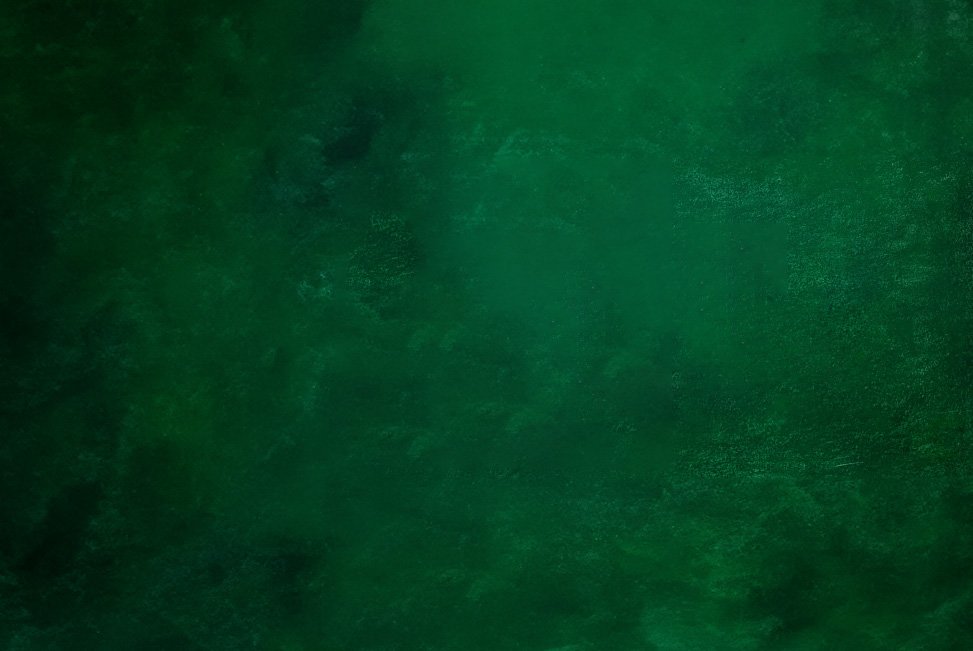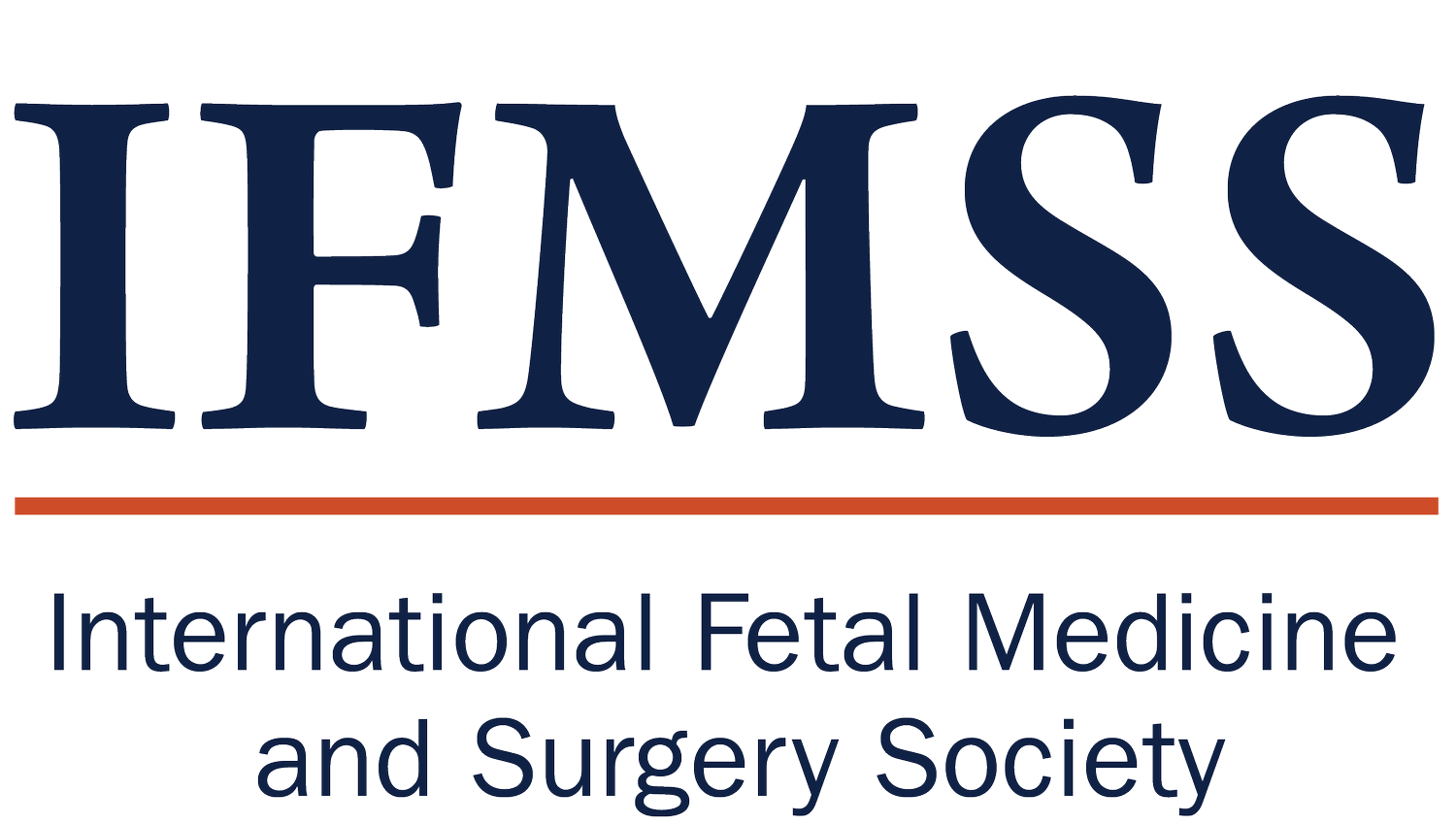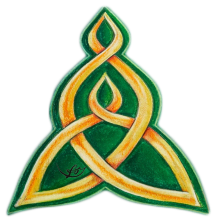
41st IFMSS Annual Meeting
General Information
Some basic things to know for your trip to Ireland and if you intend to extend your stay
-
Accommodation is available in a range of forms: large hotels, small or boutique hotels, B&Bs (Bread and Breakfasts) but circumstances have reduced the number of visitor beds, so pre-booking is advisable. Good sources for hotels are the Discover Ireland website and The Blue Book, which includes Georgian manors and stately castles among its offerings.
-
We don’t have a climate, really, just weather. We have seasons, but sometimes all in one day. The one thing you can be sure of, whatever the weather … it will change.
Bring good rain gear, sturdy walking shoes, and layers.
-
Euro €
Credit cards are used widely; you can pay up to 50 EUR by tapping your card. Note that American Express and Diner’s Card are not generally accepted – preferably use MasterCard or Visa.
-
We drive on the right. Our speed limits are confusing: a winding country road could have an 80 km/hr speed limit, while a perfectly straight section of motorway only allows 60 km/hr. Just be very careful.
While there is a range of public and private transport offerings (train and bus) between major cities and towns, once off that beaten track getting around becomes more difficult, and car hire may be your only option. Car hire is expensive, so ask yourself if it’s really necessary; if you are staying in one of the main cities, day trips may prove a good alternative.
No matter what the guide books, websites, or even individuals tell you about travel times, add on extra. Distances are simply different in Ireland and 50 km on an Irish road is not the same as 50 km on a straight stretch of highway. Having said that, there is a good network of motorways between the main locations, but be aware that some of these will involve paying a toll. However, you can set up an account with eFlow for the duration of your stay, allowing quick passage through tollbooths.
For detailed information on speed limits, penalty points systems, etc the RSA website is an excellent source.
-
The official languages are Irish and English, as you’ll see on road signs, for example. The actual language, linguistically speaking, is Hiberno-English…you’ll discover its vagaries when you come to Cork!
-
-
Pub “official” trading hours:
Monday-Thursday 10:30 – 23:30
Friday, Saturday 10:30 – 00:30
Sunday 12:30 – 23:00These trading restrictions also mean that you can’t buy alcohol anywhere in shops or supermarkets outside those times. Most Irish pubs serve food, and this is often a good way to meet the locals. When ordering beer or stout, ask for either a pint or a glass, never a half-pint – that gives you away immediately as a non-native.
-
Ireland has always had great produce, but in the past few decades the calibre of Irish cooking and Irish restaurants has risen dramatically. While the Irish still love their meat, the interest in vegetarianism and veganism, and greater awareness of issues such as allergies and special dietary requirements, means that whatever your needs, you will be able to find a good meal.
Ireland has become a gastronome’s delight, with 104 Michelin-starred restaurants at time of writing, including one in Castlemartyr. It would be unfair, indeed impossible, to single out venues, but there is a number of websites which might be helpful such as The Good Food Guide and Georgina Campbell’s Ireland.
It is highly advisable to pre-book restaurants. The Covid years saw the closure of many restaurants so those that have survived or started up are in demand. Some venues now have a policy of penalizing no-shows, and quite a few operate a two-tiered dining schedule where the table is only available for a limited period. Vegetarian, vegan and gluten-free options are widely found but always best to check in advance.
Many pubs also serve food. The atmosphere is generally relaxed and convivial but can get noisy, especially in the evening, and children are not allowed after 9pm.
-
This is at your discretion. Many restaurants include a service charge, but it’s not always clear how this is passed on; giving directly to the server is appreciated. 10% is normal.
-
Shop times vary, but the main stores are open roughly 09:00 – 18:00, all week, often including Sunday. However, the small independent cool shops often don’t open till 10:00 or even 11:00.
-
Many goods and services are taxed at 23% VAT (Value-Added Tax). The price inclusive of VAT is required by law to be visible.
-
If you are coming from outside the European Union (EU), you are entitled to a tax refund on most items purchased in Ireland which you are taking out of the country.
Tax relief is not allowed on services, for example, meeting registration, hotel accommodation, meals or car hire. The visitor must provide proof that they are a visitor from outside the EU when making each purchase. The proof includes evidence of your place of residence, inbound and outbound flight dates and a signed declaration.
The tax relief is provided under the Retail Export Scheme which operates in two ways.
The tourist pays VAT when making purchases and subsequently gets a refund from the relevant retailer or VAT-refunding agency when the retailer or the agency receives proof that the good or goods have been exported.
In certain retail outlets, the goods are sold tax-free at the point of sale, with or without the involvement of a VAT-refunding agency. The goods must be paid for by credit card. If the retailer or the agency does not receive proof that the goods have been exported, they charge the VAT on the goods to the tourist's credit card account.
Before making a purchase, the tourist should confirm with the retailer whether or not they operate the scheme. They should also clarify whether the retailer is operating the scheme in their own right or with a VAT-refunding agency.
When they are leaving Ireland, the tourist should deposit the documentation they were given for the purchase with the agency. (Some VAT-refunding agencies use a plastic card to record a tourist’s purchases by swiping the card when making a purchase.) If VAT was paid, the agency will make the necessary refund within 25 working days if the documentation is complete.
If the goods are being purchased without the involvement of an agency, the retailer should issue the tourist with an export voucher for the purchase. When leaving Ireland, the tourist should get the voucher certified by Customs at the airport. The certified voucher is returned to the retailer. If VAT has been paid the retailer refunds the VAT (less any processing fee).
If an agency is being used, the tourist should follow the agency’s specific procedures when making the purchase.
For more information, see Citizens Information’s page on Tax-free purchases for non-EU travellers
-
Delegates are advised to contact their nearest embassy, consulate or travel agency for information about the passport and visa requirements from their country for entry to Ireland.
-
The registration fee does not cover insurance for the delegates. The organizers recommend that delegates take out insurance in their home country to cover pre-journey cancellation for personal reasons and necessary insurance to cover accidents, medical expenses and loss of personal belongings during the visit.
-
Unfortunately, we need to include the following statements:
Force Majeure
The organizers are not liable for any claims for damages and/or losses if the entire conference has to be cancelled due to a force majeure incident.
Disclaimer
The organizers are not liable for damages and/or losses of any kind which may be incurred by the conference delegates or by any other individuals accompanying them, both during the official activities as well as going to/from the conference. Delegates are responsible for their own safety and belongings.
Important Dates & Deadlines
Abstract Submissions for Travel Awards: Sunday, March 31, 2024
General Abstract Submissions: Tuesday, April 30, 2024
Contact Us
Scientific Program: Greg Ryan, greg.ryan@sinaihealth.ca
Registration & Administration: Elizabeth Gan, elizabeth.gan@sinaihealth.ca
Visiting Ireland: Mary Nolan, mary.nolan@foldedroom.com



